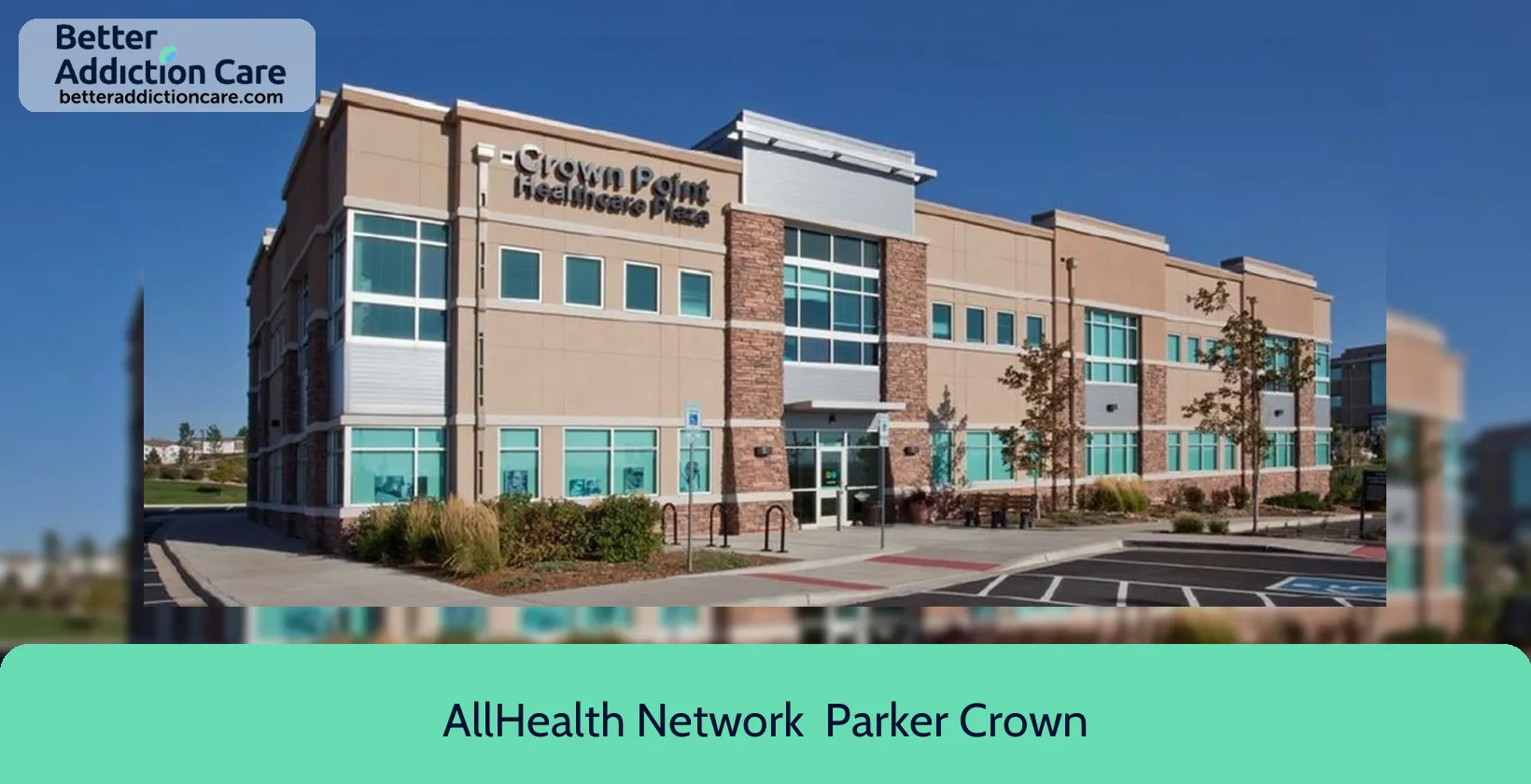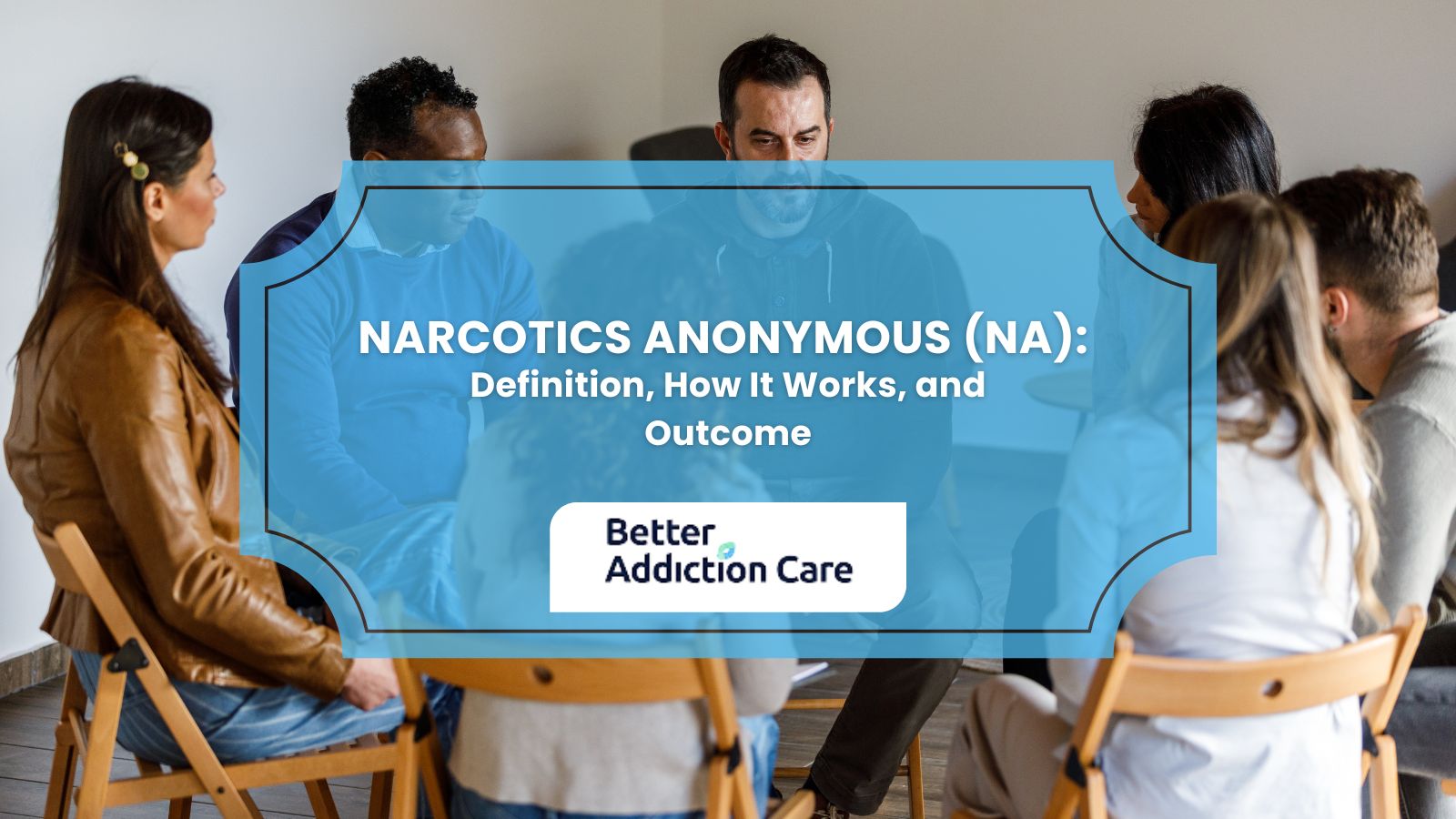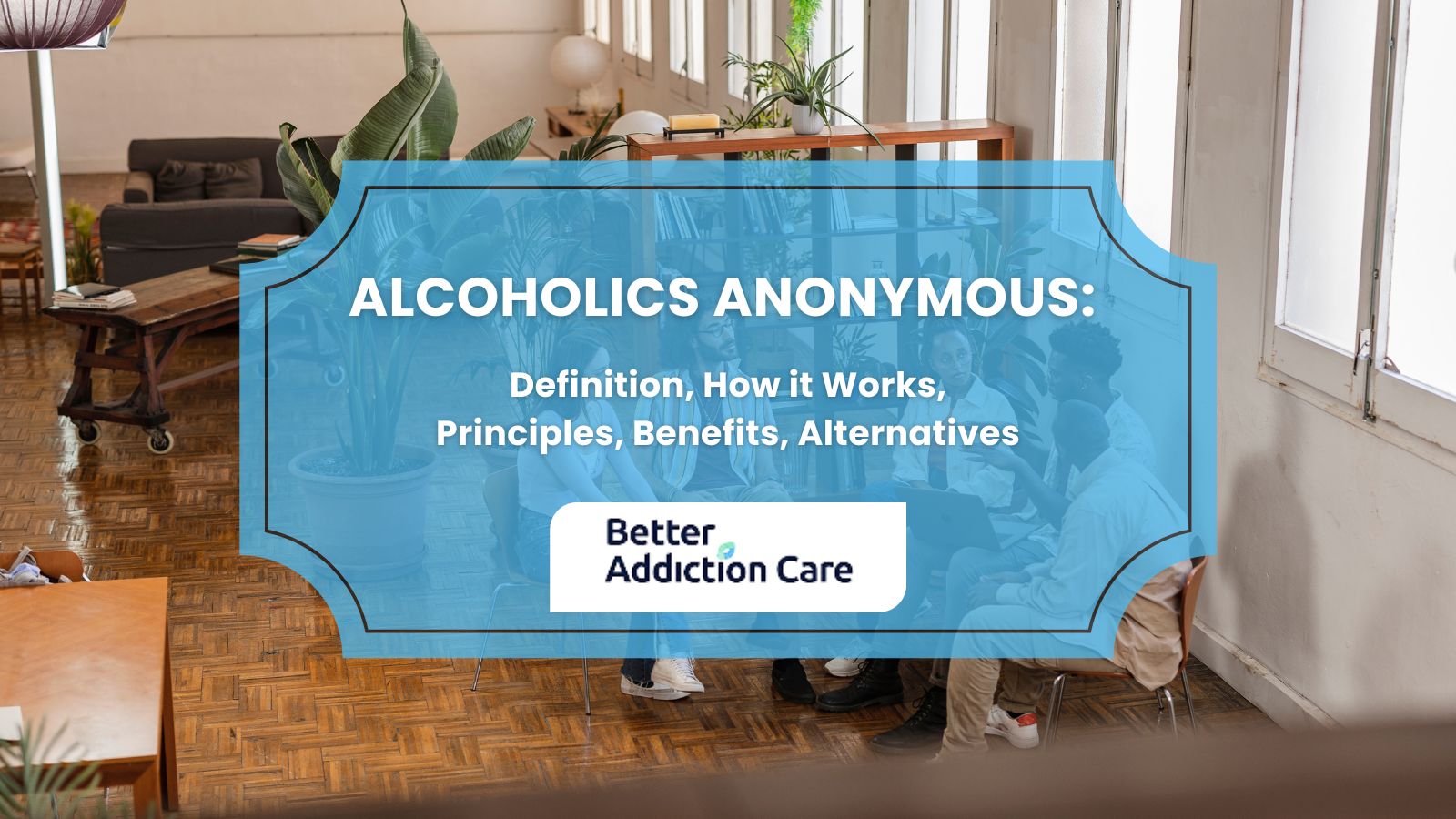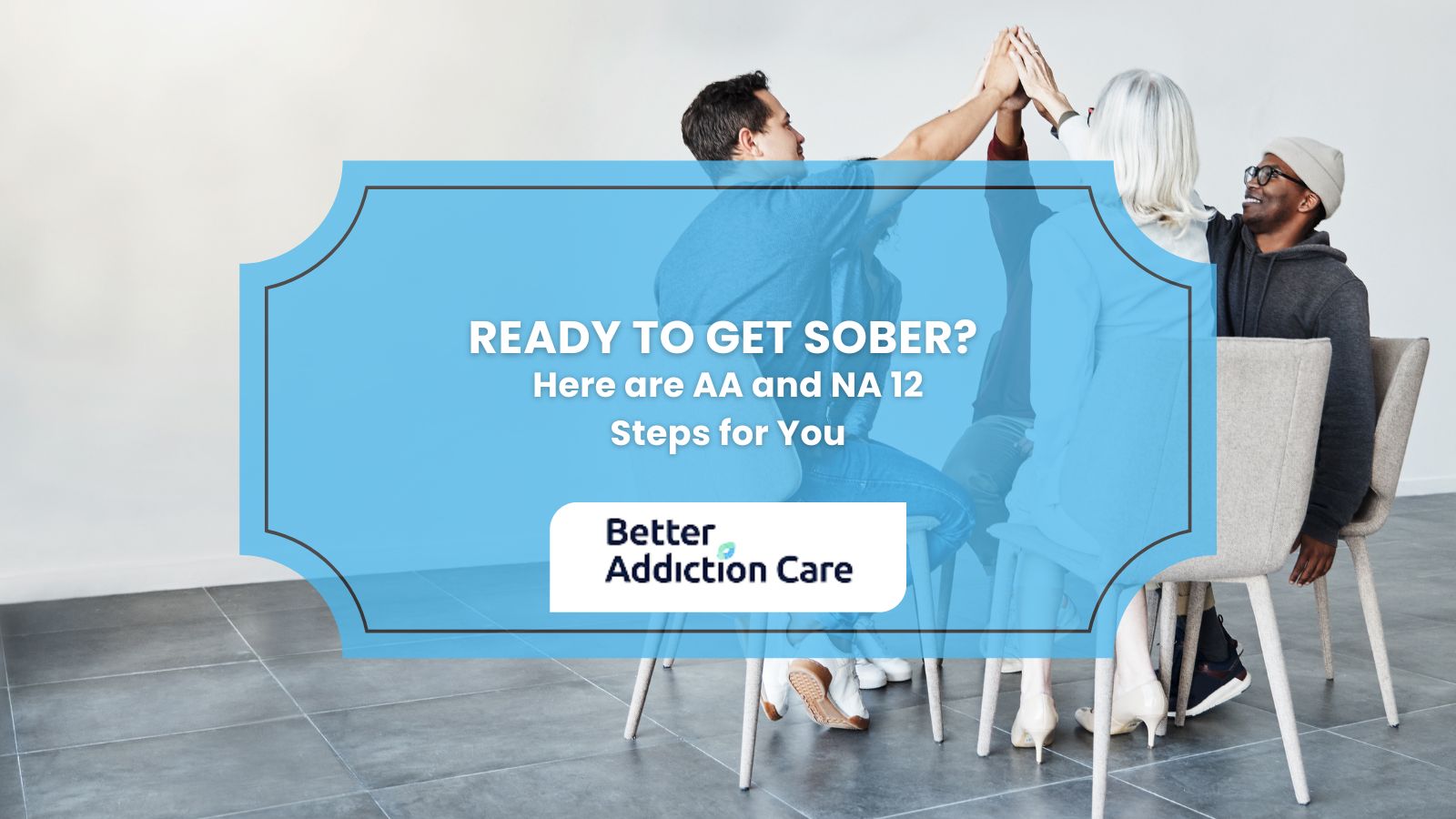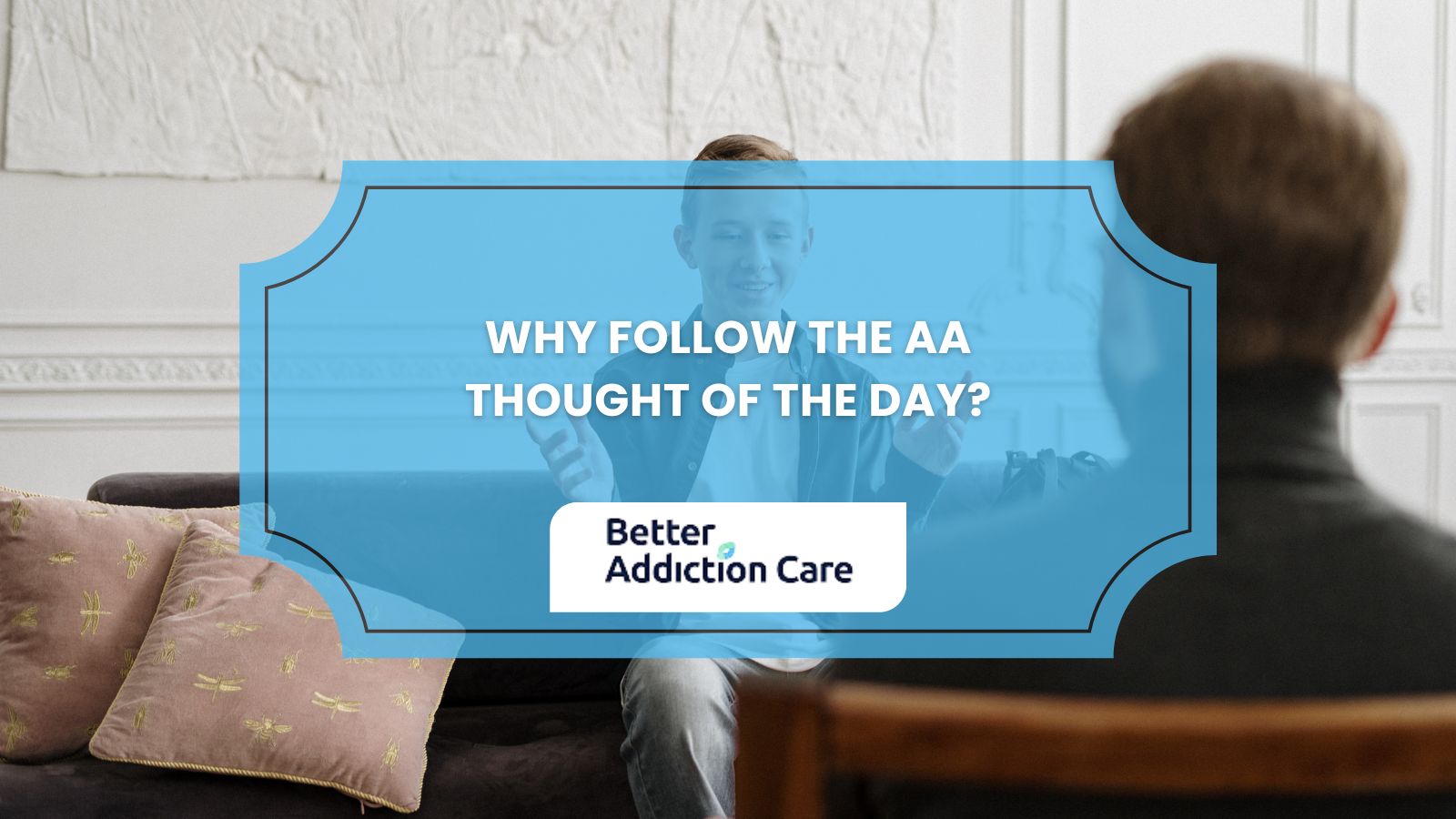Overview
AllHealth Network - Parker Crown Point is a mental health treatment center for people seeking treatment near Douglas County. As part of their treatment modalities for recovery, AllHealth Network - Parker Crown Point provides couples/family therapy, group counseling, and cognitive behavioral therapy during treatment. AllHealth Network - Parker Crown Point is located in Parker, Colorado, accepting cash or self-payment for treatment.
AllHealth Network - Parker Crown Point at a Glance
Payment Options
- Cash or self-payment
- Medicaid
- Medicare
- State-financed health insurance plan other than Medicaid
- Private health insurance
Assessments
- Screening for tobacco use
- Comprehensive mental health assessment
- Comprehensive substance use assessment
Age Groups
- Young adults
- Children/adolescents
- Adults
- Seniors
Ancillary Services
- Intensive case management
- Case management service
- Family psychoeducation
- Suicide prevention services
- Supported employment
Highlights About AllHealth Network - Parker Crown Point
6.65/10
With an overall rating of 6.65/10, this facility has following balanced range of services. Alcohol Rehabilitation: 8.00/10, Drug Rehab and Detox: 6.00/10, Insurance and Payments: 6.00/10, Treatment Options: 6.61/10.-
Alcohol Rehabilitation 8.00
-
Treatment Options 6.61
-
Drug Rehab and Detox 6.00
-
Insurance and Payments 6.00
Treatment At AllHealth Network - Parker Crown Point
Treatment Conditions
- Mental health treatment
- Alcoholism
- Substance use treatment
- Co-occurring Disorders
Care Levels
- Outpatient
Treatment Modalities
- Couples/family therapy
- Group counseling
- Cognitive behavioral therapy
- Dialectical behavior therapy
- Telemedicine/telehealth therapy
Ancillary Services
Languages
- Sign language services for the deaf and hard of hearing
Special Programs
- Clients who have experienced trauma
- Persons with post-traumatic stress disorder (PTSD)
Common Questions About AllHealth Network - Parker Crown Point
Contact Information
Read our Most Recent Article About Drug Addiction
DISCLAIMER: The facility name, logo and brand are the property and registered trademarks of AllHealth Network - Parker Crown Point, and are being used for identification and informational purposes only. Use of these names, logos and brands shall not imply endorsement. BetterAddictionCare.com is not affiliated with or sponsored by AllHealth Network - Parker Crown Point.
